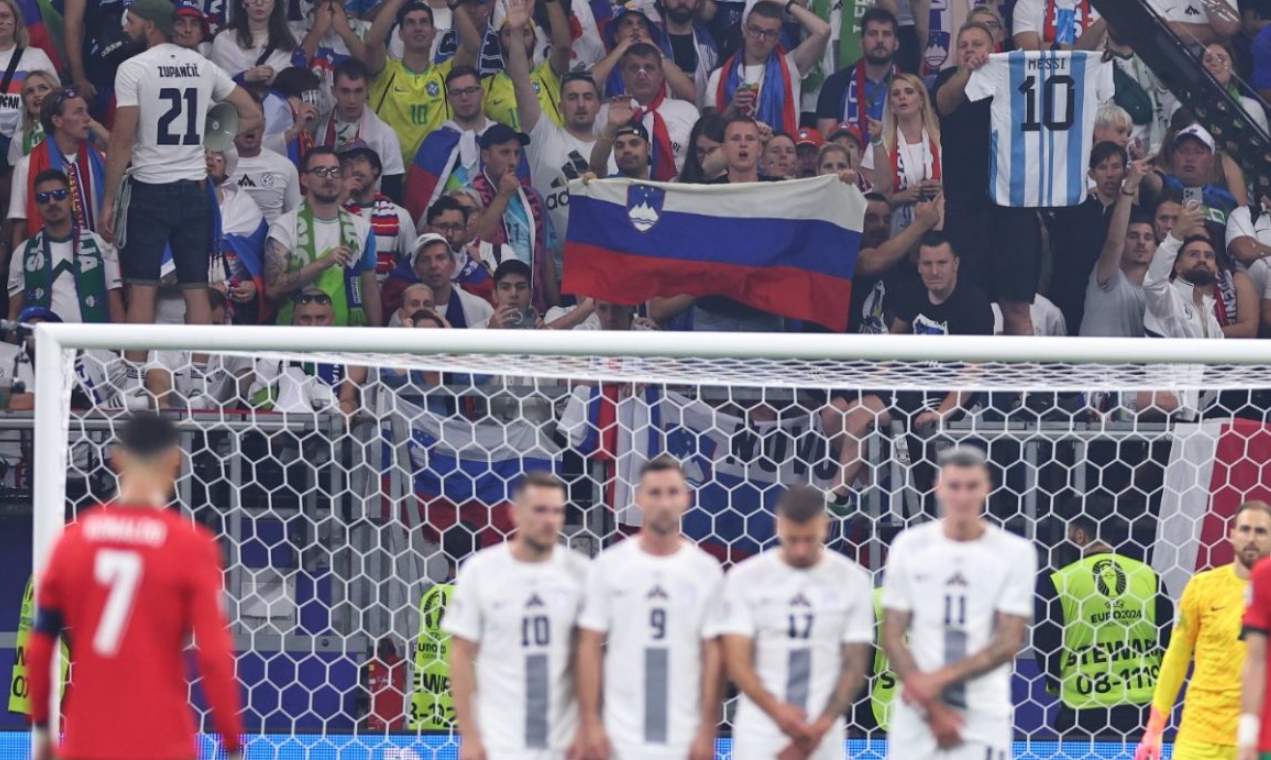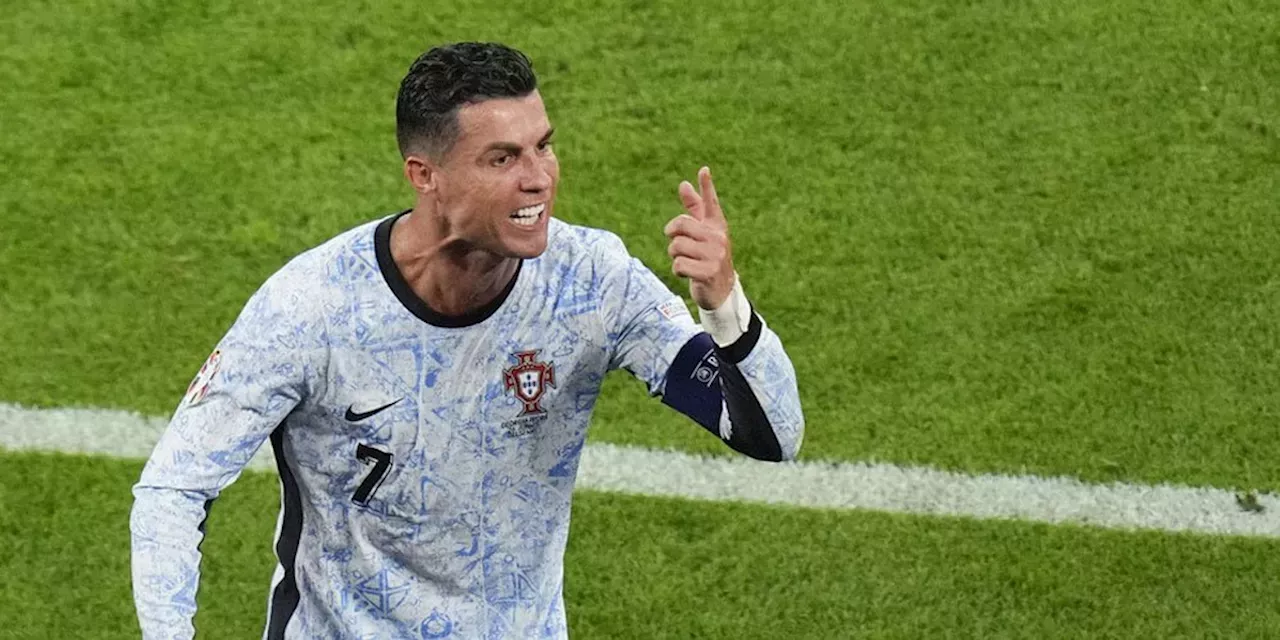Historical and Cultural Context

Portugal vs slovenia – Portugal and Slovenia, despite their geographical distance, share some intriguing historical and cultural similarities and differences. Both nations possess rich histories dating back centuries, with distinct experiences that have shaped their national identities.
One notable similarity is their maritime heritage. Portugal’s renowned seafaring history, marked by the Age of Exploration, parallels Slovenia’s significant role in shipbuilding and trade along the Adriatic Sea. Both countries have a deep connection to the sea, which has influenced their cultures and economies.
Key Events and Influences
Portugal’s history has been influenced by its strategic location on the Iberian Peninsula and its role as a major European power during the Age of Exploration. Key events include the Reconquista against the Moors, the establishment of a global empire, and the 1974 Carnation Revolution. These events have shaped Portugal’s national identity and its cultural traditions.
Slovenia’s history, on the other hand, has been marked by its position at the crossroads of Central and Southeastern Europe. It has been influenced by various empires, including the Austro-Hungarian Empire and the Kingdom of Yugoslavia. Key events include the Slovene Partisan movement during World War II and the independence referendum in 1991. These events have contributed to the formation of Slovenia’s distinct national identity.
Cultural Traditions
Portugal and Slovenia boast diverse cultural traditions, each with its unique characteristics. In music, Portugal is renowned for its traditional fado music, characterized by its melancholic melodies and expressive lyrics. Slovenia, on the other hand, has a rich tradition of folk music, often accompanied by traditional instruments such as the accordion and the zither.
In art, Portugal has a long history of painting and sculpture, with notable influences from the Renaissance and Baroque periods. Slovenia’s art scene is equally vibrant, with a focus on contemporary art and design. Both countries have produced renowned artists who have contributed to the global art world.
Cuisine is another area where Portugal and Slovenia showcase their distinct flavors. Portuguese cuisine is known for its use of seafood, spices, and olive oil, with dishes such as bacalhau (cod) and caldo verde (green soup) being popular. Slovenian cuisine, influenced by its Central European and Mediterranean neighbors, features hearty dishes such as žlikrofi (dumplings) and potica (nut roll).
Economic and Political Landscape: Portugal Vs Slovenia

Portugal and Slovenia, two nations with distinct economic and political trajectories, present a fascinating comparison. Both countries have experienced significant economic growth in recent decades, yet their political systems and current challenges differ markedly.
Economic Profiles, Portugal vs slovenia
Portugal’s economy is primarily driven by tourism, manufacturing, and agriculture. Its GDP in 2023 stands at approximately $250 billion, with a significant reliance on exports to the European Union. Slovenia, on the other hand, has a more diversified economy, with a strong focus on high-tech industries, pharmaceuticals, and automotive manufacturing. Its GDP for 2023 is estimated at $60 billion, showcasing its remarkable growth since independence.
Political Systems
Portugal operates as a parliamentary democracy with a multi-party system. The President, elected for a five-year term, holds limited executive powers. The Prime Minister, the head of government, is appointed by the President. Slovenia, too, is a parliamentary democracy with a multi-party system. Its Prime Minister serves as the head of government, while the President, elected for a five-year term, plays a largely ceremonial role.
Recent Political Developments
Portugal has recently experienced political stability under the leadership of Prime Minister António Costa, who has overseen economic growth and social reforms. Slovenia, on the other hand, has faced political challenges, including corruption scandals and divisions within the ruling coalition. The upcoming parliamentary elections in 2023 will likely shape the country’s political landscape.
Challenges and Opportunities
Both Portugal and Slovenia face challenges in sustaining economic growth and maintaining political stability. Portugal must address its high public debt and aging population, while Slovenia needs to diversify its economy and reduce regional disparities. However, both countries have opportunities to capitalize on their strengths in tourism, innovation, and EU membership.
Portugal and Slovenia faced off in a thrilling encounter, but the match was overshadowed by news that the Uruguayan coach had been suspended. This unexpected turn of events left fans wondering what the future held for the team, as the suspension could have a significant impact on their upcoming fixtures.
Despite the distraction, Portugal and Slovenia continued to battle it out on the pitch, determined to secure victory.
The match between Portugal and Slovenia was a hard-fought battle, with both teams giving it their all. The game was eventually won by Portugal, but Slovenia can be proud of their performance. The match was a reminder of the quality of football that is being played in Europe at the moment.
For more on the latest in international football, including news on Marcelo Bielsa’s Mexico team, click here. Portugal will now face Spain in the semi-finals, while Slovenia will play Ukraine. Both matches are sure to be exciting, and we can’t wait to see who comes out on top.